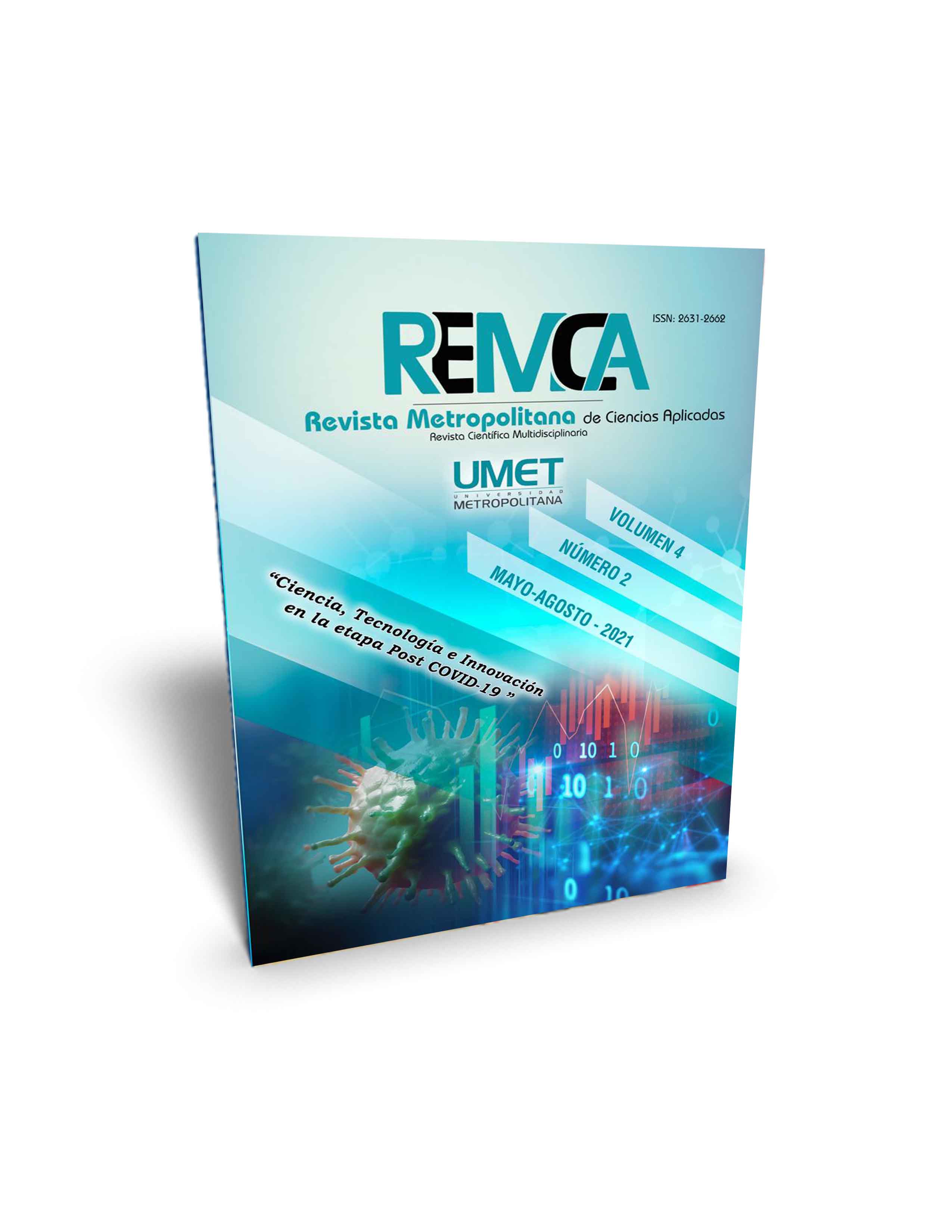The civil contractual dolo against the crime of scam
DOI:
https://doi.org/10.62452/t0jqzn87Keywords:
Criminal intent, scam, deception, mistakeAbstract
Criminal law and civil law are not similar branches, but when these two collide we will find the bases of the conflicting law. This is the case that happens with willful intent as a vice of the will and the crime of fraud; Both legal figures focus on the same elements but their treatment, or their procedure or their consequences are vastly different. In addition, the very reason for existing both structures are specific to each branch of law. But this conflict may cause the civil law to leave criminal conduct in impunity that must be valued by the state and also be judged; or that civil conduct is punished as a crime. It is necessary to create a wall that separates the actions of these two legal figures that supports the judges in each case to assess the action as criminally relevant or as a purely civil sphere.
Downloads
References
Carrara, F. (2008). Programa de Derecho Criminal. Temis.
Corte Constitucional del Ecuador. (2013). Sentencia No. 009-13. https://portal.corteconstitucional.gob.ec/FichaRelatoria.aspx?numdocumento=009-13-SIN-CC
Corte Interamericana de Derechos Humanos. (2008). Caso Kimel Vs. Argentina. 2 de mayo de 2008. http://www.corteidh.or.cr/docs/casos/articulos/seriec_177_esp.pdf
Creus, C., & Buompadre, J. (2007). Derecho penal Parte Especial. Editorial Astrea.
Choclán, J. (2009). El delito de estafa. Bosch.
Donna, E. (2001). Derecho Penal: Parte Especial. Tomo II. Rubinzal-Culzoni.
Dopico, J. (2012). Estafa y dolo civil, criterios para su determinación. Dereito.
Ecuador. Asamblea Nacional. (2005). Código Civil. Registro Oficial Suplemento 46. https://www.corporacionregistrocivil.gob.ec/LOTAIP/2015/docs/LIBRO1CODIGOCIVIL.pdf
Ecuador. Asamblea Nacional. (2014). Código Orgánico Integral Penal. Registro Oficial Suplemento 180. https://es.slideshare.net/radioencantada/registro-oficial-180-cdigo-orgnico-integral-penal
Ecuador. Corte Suprema de Justicia. (2007). Expediente de Casació. 11. RO 15.
España. Tribunal Supremo. (2006). STS 1169/2006, 30 de noviembre de 2006. https://supremo.vlex.es/vid/enga-distincion-dolo-subtipo-agravado-25670346
España. Tribunal Supremo. (2010). STS, 21 de Abril de 2010. https://supremo.vlex.es/vid/215148795
España. Tribunal Supremo. (2011). STS 122/2011, 22 de febrero de 2011. https://supremo.vlex.es/vid/264359026
España. Tribunal Supremo. (2013). STS 763/2013, 14 de Octubre de 2013. https://supremo.vlex.es/vid/-475260030
Fontán Ballestra, C. (1995). Tratado de derecho Penal Tomo VI Parte Especial. Abeledo Perrot.
López, E., & Porte, L. (2005). El delito de fraude (Reflexiones). Porrúa.
Manzini, V. (1948). Tratado de derecho Penal. Tomo I Volumen I. Ediar.
Zaffaroni, E. (1987). Tratado de Derecho Penal Parte General Tomo III. Ediar.
Zamora-Pierce, J. (2008). El Fraude. Editorial Porrúa.
Zavala, J. (1988). Delitos contra la propiedad: Extorsión, estafa, apropiación indebida. Editorial Edino.
Downloads
Published
Issue
Section
License
Copyright (c) 2021 Danny Xavier Sánchez Oviedo (Autor/a)

This work is licensed under a Creative Commons Attribution-NonCommercial-ShareAlike 4.0 International License.
Authors who publish in Revista Metropolitana de Ciencias Aplicadas (REMCA), agree to the following terms:
1. Copyright
Authors retain unrestricted copyright to their work. Authors grant the journal the right of first publication. To this end, they assign the journal non-exclusive exploitation rights (reproduction, distribution, public communication, and transformation). Authors may enter into additional agreements for the non-exclusive distribution of the version of the work published in the journal, provided that acknowledgment of its initial publication in this journal is given.
© The authors.
2. License
The articles are published in the journal under the Creative Commons Attribution-NonCommercial-ShareAlike 4.0 International License (CC BY-NC-SA 4.0). The terms can be found at: https://creativecommons.org/licenses/by-nc-sa/4.0/deed.en
This license allows:
- Sharing: Copying and redistributing the material in any medium or format.
- Adapting: Remixing, transforming, and building upon the material.
Under the following terms:
- Attribution: You must give appropriate credit, provide a link to the license, and indicate if any changes were made. You may do this in any reasonable manner, but not in any way that suggests the licensor endorses or sponsors your use.
- NonCommercial: You may not use the material for commercial purposes.
- ShareAlike: If you remix, transform, or build upon the material, you must distribute your creation under the same license as the original work.
There are no additional restrictions. You may not apply legal terms or technological measures that legally restrict others from doing anything the license permits.




